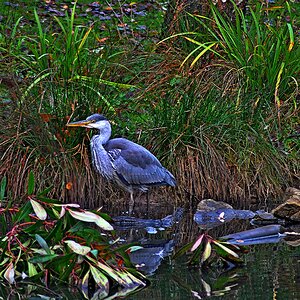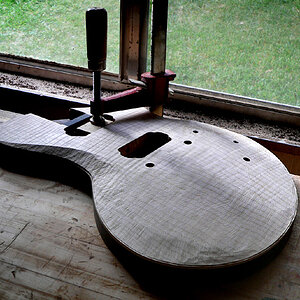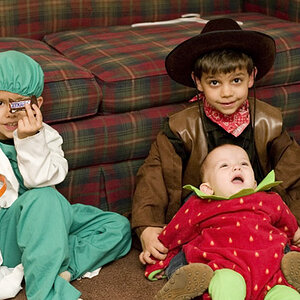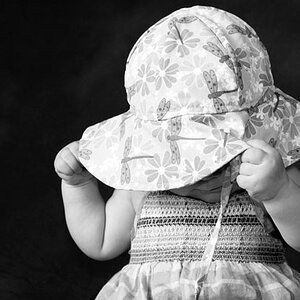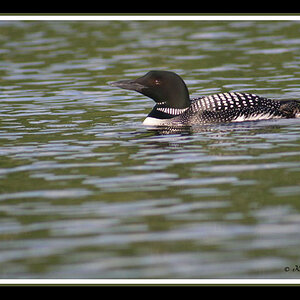domromer
TPF Noob!
- Joined
- Aug 11, 2007
- Messages
- 878
- Reaction score
- 0
- Location
- Eugene, Oregon
- Website
- www.flickr.com
- Can others edit my Photos
- Photos NOT OK to edit
I haven't shot any b&w film in maybe 5 years. I often hear that is has more "range?" What does this mean to an actual image. The pic below was converted in PS with the channel mixer. How would the pic look different if it was shot with 100iso film then scanned?
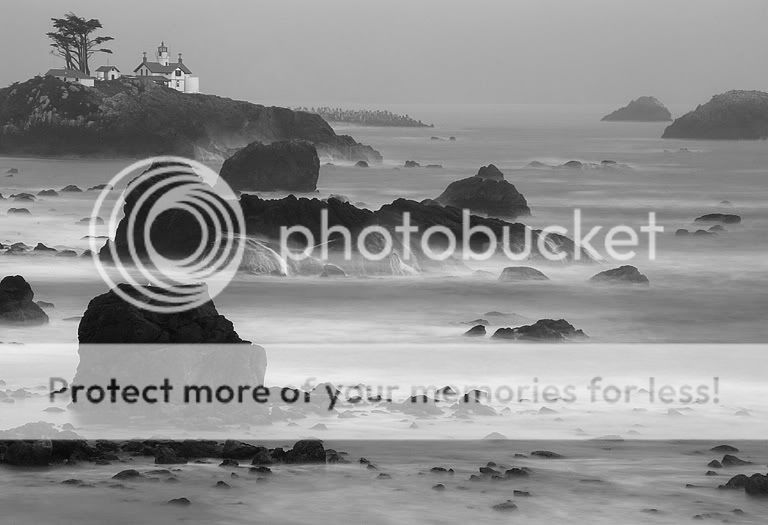



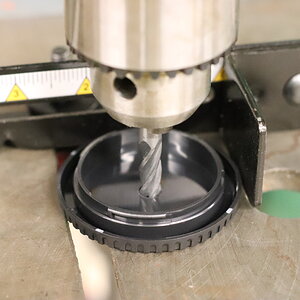
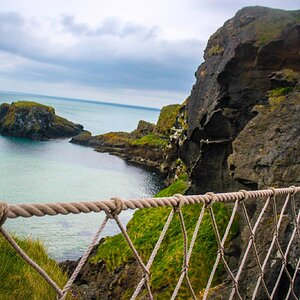
![[No title]](/data/xfmg/thumbnail/32/32003-70dfe149c27224e28ba98e975984e01e.jpg?1619735147)
![[No title]](/data/xfmg/thumbnail/34/34068-743e93a5c28fe935ab4c39c51c06cf1a.jpg?1619736264)
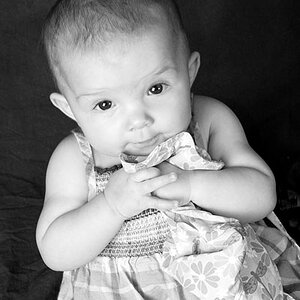
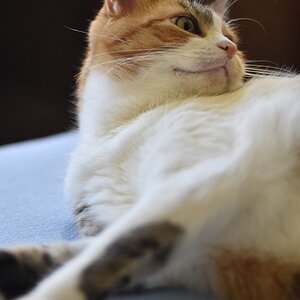
![[No title]](/data/xfmg/thumbnail/32/32005-d13a0bcc56327c42bd32dff4b0776658.jpg?1619735150)
